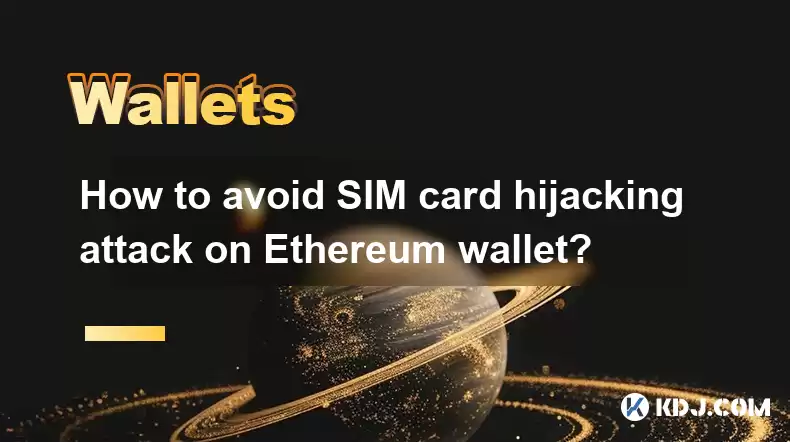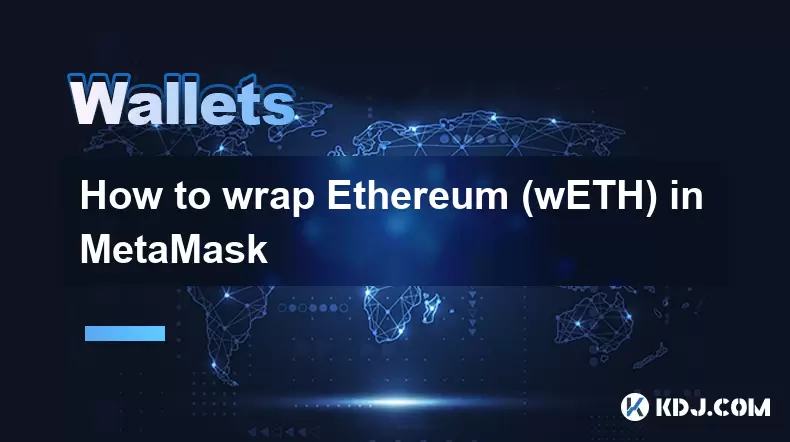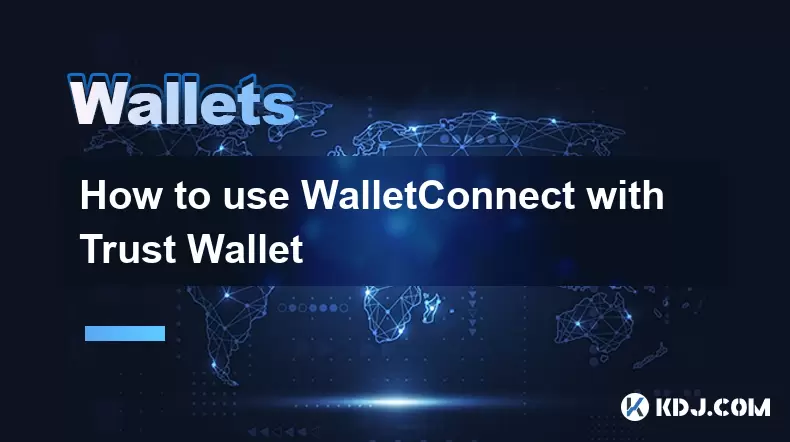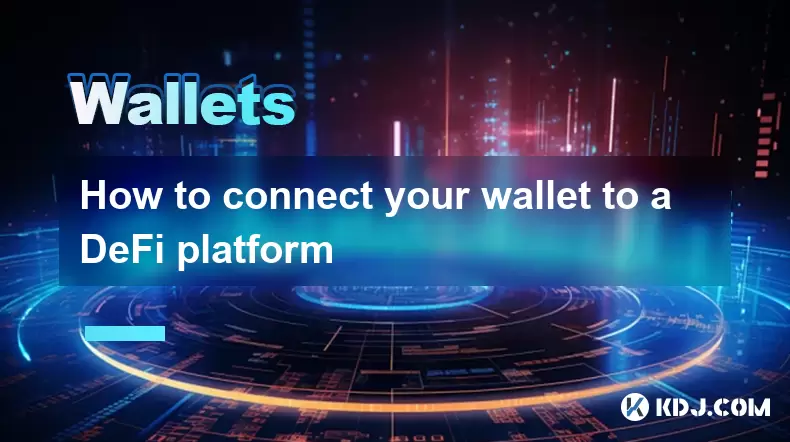-
 Bitcoin
Bitcoin $117600
0.25% -
 Ethereum
Ethereum $4424
0.10% -
 XRP
XRP $3.101
0.50% -
 Tether USDt
Tether USDt $1.001
-0.01% -
 BNB
BNB $836.2
1.26% -
 Solana
Solana $188.8
2.11% -
 USDC
USDC $1.000
0.01% -
 Dogecoin
Dogecoin $0.2301
0.57% -
 TRON
TRON $0.3485
-1.00% -
 Cardano
Cardano $0.9209
-1.34% -
 Hyperliquid
Hyperliquid $46.72
-1.19% -
 Chainlink
Chainlink $22.62
4.84% -
 Stellar
Stellar $0.4275
-0.38% -
 Sui
Sui $3.761
1.91% -
 Bitcoin Cash
Bitcoin Cash $586.7
-0.25% -
 Ethena USDe
Ethena USDe $1.001
0.01% -
 Hedera
Hedera $0.2510
2.06% -
 Avalanche
Avalanche $24.21
2.22% -
 Litecoin
Litecoin $119.7
1.07% -
 Toncoin
Toncoin $3.450
1.06% -
 UNUS SED LEO
UNUS SED LEO $9.411
-0.93% -
 Shiba Inu
Shiba Inu $0.00001298
1.20% -
 Uniswap
Uniswap $10.98
3.25% -
 Polkadot
Polkadot $3.961
2.16% -
 Dai
Dai $1.000
0.00% -
 Bitget Token
Bitget Token $4.642
0.95% -
 Cronos
Cronos $0.1514
0.57% -
 Ethena
Ethena $0.7290
3.78% -
 Monero
Monero $254.1
7.69% -
 Pepe
Pepe $0.00001102
2.47%
How to avoid SIM card hijacking attack on Ethereum wallet?
Protect your Ethereum wallet from SIM swapping by using authenticator apps for 2FA, a hardware wallet, strong passwords, and regularly reviewing account activity. Be wary of phishing scams and enable advanced security features offered by your exchange and wallet.
Mar 21, 2025 at 12:35 am

Key Points:
- Understanding the vulnerability of SIM swapping attacks on Ethereum wallets.
- Implementing robust two-factor authentication (2FA) measures.
- Utilizing hardware wallets for enhanced security.
- Educating oneself on phishing scams and social engineering tactics.
- Regularly reviewing account activity and transaction history.
- Choosing strong and unique passwords for all accounts.
- Leveraging advanced security features offered by exchanges and wallets.
How to Avoid SIM Card Hijacking Attacks on Your Ethereum Wallet
SIM swapping, a malicious attack where a hacker gains control of your mobile phone number, presents a significant threat to cryptocurrency users, especially those holding Ethereum. This allows attackers to bypass 2FA measures tied to your phone, granting them access to your wallet and funds. Protecting your Ethereum wallet requires proactive measures and a comprehensive security strategy.
Understanding the Threat:
The core vulnerability lies in the reliance on mobile phone numbers for 2FA. If a hacker successfully convinces your mobile carrier to transfer your number to a SIM card they control, they gain access to verification codes sent to your phone, thus bypassing your security protocols. This gives them complete control over your Ethereum wallet if it relies solely on SMS-based 2FA.
Strengthening Your Defenses:
- Implement robust 2FA: While SMS-based 2FA is convenient, it's vulnerable. Consider using more secure methods like authenticator apps (Google Authenticator, Authy) which generate time-sensitive codes. These apps are significantly more resistant to SIM swapping attacks.
- Utilize hardware wallets: Hardware wallets, like Ledger or Trezor, store your private keys offline, making them immune to SIM swapping attacks. They provide an extra layer of security by isolating your keys from potential online threats.
- Be wary of phishing: Phishing attacks are a common tactic used to gain your personal information, including login credentials and 2FA codes. Be cautious of suspicious emails, texts, or phone calls requesting your account details. Never click on links from unknown sources.
- Regularly review your accounts: Regularly checking your Ethereum wallet activity for any unauthorized transactions is crucial. Immediate detection of suspicious activity can help mitigate potential losses.
- Use strong passwords: Choose unique and complex passwords for all your online accounts, especially your cryptocurrency exchange and wallet accounts. Avoid using easily guessable passwords or reusing passwords across multiple platforms.
- Enable advanced security features: Many cryptocurrency exchanges and wallets offer advanced security features, such as IP whitelisting, email notifications, and transaction limits. Activating these features adds an extra layer of protection against unauthorized access.
- Educate yourself: Staying informed about the latest security threats and best practices is essential. Regularly research and learn about new scams and vulnerabilities to stay ahead of attackers.
- Consider using a VPN: A Virtual Private Network (VPN) encrypts your internet connection, making it more difficult for attackers to intercept your data. This adds another layer of protection, particularly when accessing your wallet on public Wi-Fi networks.
- Report suspicious activity immediately: If you suspect a SIM swap attack or any unauthorized access to your account, report it to your mobile carrier and the relevant cryptocurrency exchange or wallet provider immediately.
Advanced Security Measures:
- Recovery Phrases: Always store your recovery phrase securely and offline. Never share this information with anyone.
- Multiple Authentication Methods: Utilize a combination of 2FA methods, such as an authenticator app and a hardware security key, for maximum protection.
- Biometric Authentication: Some wallets and exchanges offer biometric authentication (fingerprint or facial recognition) as an additional security layer. Enable these features if available.
- Regular Software Updates: Keep your wallet software, operating system, and antivirus software up-to-date to patch security vulnerabilities.
Frequently Asked Questions (FAQs):
Q: What should I do if I suspect a SIM swap attack?
A: Immediately contact your mobile carrier to report the issue and suspend your service. Then, contact your cryptocurrency exchange and wallet provider to report the incident and secure your account. Change all your passwords and implement stronger security measures.
Q: Can I recover my funds after a SIM swap attack?
A: Recovery depends on the specific circumstances. If the attacker hasn't spent your funds yet, you may be able to recover them through your exchange or wallet provider. However, if the funds have been transferred, recovery is significantly more challenging.
Q: Are hardware wallets completely immune to SIM swapping?
A: Yes, hardware wallets are immune to SIM swapping attacks because they don't rely on internet connectivity for transaction signing. Your private keys remain offline and secure.
Q: How often should I review my account activity?
A: It's recommended to review your account activity at least once a week, or even more frequently if you're conducting many transactions.
Q: What are the best practices for securing my recovery phrase?
A: Write it down on a durable material, store it in a fireproof and waterproof safe, and consider dividing it between multiple secure locations. Never store it digitally or photograph it.
Q: What is the role of a VPN in preventing SIM swapping?
A: A VPN primarily protects against man-in-the-middle attacks, where an attacker intercepts your communication. While it doesn't directly prevent SIM swapping, it adds an extra layer of security by encrypting your internet traffic.
Disclaimer:info@kdj.com
The information provided is not trading advice. kdj.com does not assume any responsibility for any investments made based on the information provided in this article. Cryptocurrencies are highly volatile and it is highly recommended that you invest with caution after thorough research!
If you believe that the content used on this website infringes your copyright, please contact us immediately (info@kdj.com) and we will delete it promptly.
- Kazakhstan's Crypto Leap: Bitcoin ETF and Central Asia's Digital Finance Future
- 2025-08-13 12:45:19
- BlockDAG Presale Blazes Past $371M: Fundraising Frenzy Fuels Crypto Sensation
- 2025-08-13 13:05:21
- Meme Coins: Chasing the 2025 Surge – Which Will Moonshot?
- 2025-08-13 10:25:23
- Bitcoin's Wild Ride: Rally, Pullback, and What's Next
- 2025-08-13 10:25:23
- Bitcoin, Bitmax, and Institutional Demand: A New Era of Crypto Investment
- 2025-08-13 10:45:12
- Solana, ROAM, and Airdrops: What's the Buzz in 2025?
- 2025-08-13 11:35:13
Related knowledge

How to wrap Ethereum (wETH) in MetaMask
Aug 13,2025 at 11:36am
Understanding Wrapped Ethereum (wETH)Wrapped Ethereum (wETH) is a tokenized version of native Ethereum (ETH) that conforms to the ERC-20 standard, ena...

How to manage your portfolio in Exodus wallet
Aug 08,2025 at 10:07pm
Understanding the Exodus Wallet InterfaceThe Exodus wallet is a non-custodial cryptocurrency wallet that supports a wide range of digital assets. When...

How to manage your portfolio in Exodus wallet
Aug 13,2025 at 11:35am
Understanding the Exodus Wallet InterfaceThe Exodus wallet is a non-custodial cryptocurrency wallet that supports a wide range of digital assets. Upon...

How to reset your MetaMask password
Aug 08,2025 at 01:28pm
Understanding the MetaMask Password Reset ProcessMany users confuse the MetaMask password with the seed phrase or private key, but they serve differen...

How to use WalletConnect with Trust Wallet
Aug 13,2025 at 01:07am
What Is WalletConnect and Why It Matters for Trust Wallet UsersWalletConnect is an open-source protocol that enables secure communication between dece...

How to connect your wallet to a DeFi platform
Aug 13,2025 at 11:36am
Understanding Wallet Compatibility with DeFi PlatformsBefore connecting your wallet to any DeFi platform, it's essential to ensure your wallet is comp...

How to wrap Ethereum (wETH) in MetaMask
Aug 13,2025 at 11:36am
Understanding Wrapped Ethereum (wETH)Wrapped Ethereum (wETH) is a tokenized version of native Ethereum (ETH) that conforms to the ERC-20 standard, ena...

How to manage your portfolio in Exodus wallet
Aug 08,2025 at 10:07pm
Understanding the Exodus Wallet InterfaceThe Exodus wallet is a non-custodial cryptocurrency wallet that supports a wide range of digital assets. When...

How to manage your portfolio in Exodus wallet
Aug 13,2025 at 11:35am
Understanding the Exodus Wallet InterfaceThe Exodus wallet is a non-custodial cryptocurrency wallet that supports a wide range of digital assets. Upon...

How to reset your MetaMask password
Aug 08,2025 at 01:28pm
Understanding the MetaMask Password Reset ProcessMany users confuse the MetaMask password with the seed phrase or private key, but they serve differen...

How to use WalletConnect with Trust Wallet
Aug 13,2025 at 01:07am
What Is WalletConnect and Why It Matters for Trust Wallet UsersWalletConnect is an open-source protocol that enables secure communication between dece...

How to connect your wallet to a DeFi platform
Aug 13,2025 at 11:36am
Understanding Wallet Compatibility with DeFi PlatformsBefore connecting your wallet to any DeFi platform, it's essential to ensure your wallet is comp...
See all articles

























































































